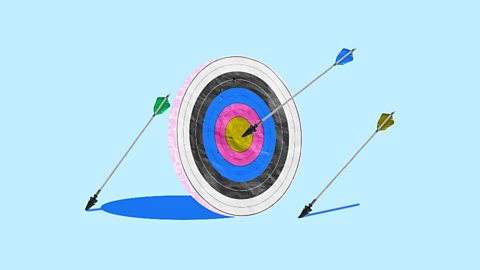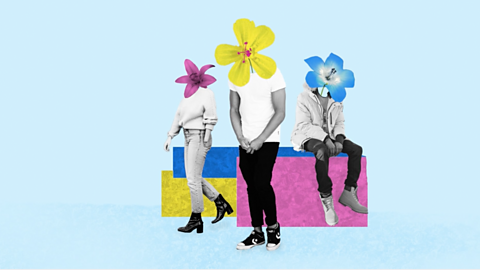This article was first published in November 2020.
When you’re a teenager, so much is changing that it can be a weird, exciting and sometimes scary time. Not only is your body changing, your brain is changing too.
You're likely to experience a whole range of emotions during these years. We need all of these emotions; they help us make sense of the world around us. Some of these emotions can feel pretty intense. Sometimes that can be really exciting, but sometimes it can feel overwhelming too. This is a very normal part of teenage development. If you're struggling with your emotions, there's plenty of support available and we've listed some sources below.
Understanding a little about the basic science of the brain can help you cope with some of the things you might be feeling. Natasha Devon, mental health campaigner and author of Yes You Can Ace Your Exams Without Losing Your Mind, is here to tell us a little bit about how the teenage brain develops.
Natasha: Scientists have discovered that your brain keeps developing well into your early twenties. When you’re a teenager, so much is changing that it can be a weird, exciting and sometimes scary time. Understanding the basic science of the brain can really help you cope. So what’s going on up there?
Like a bicycle, your brain is made up of different parts all coming together to make the whole thing work.
It has two halves called the left and right hemispheres and in the biggest part, four lobes. Each lobe is responsible for processing different kinds of sensory information coming in from the outside world, so that we can function. Deep inside each hemisphere is an almond-shaped structure called the amygdala.
Together with the lobes, the amygdalae are involved in experiencing emotions, They send chemical messengers called neurotransmitters all over our bodies in response to evidence of threat or reward in our environment, so that we react to either avoid the threat, or receive the reward.
When we’re teenagers, we have high levels of a neurotransmitter called dopamine. Dopamine motivates us to do things, to feel interested in life, to seek out new experiences. Without it, we wouldn’t get very far, but the natural spike in your teens means that the intensity emotions you feel is higher than when you’re an adult and this can lead you to risky and impulsive behaviour.
Back to the lobes, in the teenage brain, the frontal lobe, which is responsible for problem solving, judgement and impulse control, isn't fully developed, so because you're dealing with heightened emotions before you've developed ways of putting the brakes on, you may sometimes be feeling a little out of control…
… but the teenage brain is also unique and brilliant because it's open minded and flexible. It’s also gaining new powers of organising and prioritising, so it’s a time in your life you can experiment and evolve. If you do feel anxious, know that to a certain extent it’s perfectly normal, and there’s lots of support available.

If you need support
You should always tell someone about the things you’re worried about. You can tell a friend, parent, guardian, teacher, or another trusted adult. If you're struggling with your mental health, going to your GP can be a good place to start to find help. Your GP can let you know what support is available to you, suggest different types of treatment and offer regular check-ups to see how you’re doing.
If you’re in need of in-the-moment support you can contact Childline, where you can speak to a counsellor. Their lines are open 24 hours a day, 7 days a week.
There are more links to helpful organisations on BBC Action Line.

The irony and the illusion of perfectionism
Natasha Devon on how perfectionism can be counter-productive.

Study Support Podcast
In this BBC Sounds Podcast Ibz Mo looks at some of the techniques you can use to help study smarter in school or at home.

How happy hormones can help fight stress
Natasha Devon on how to create the happy hormones that help fight stress.
